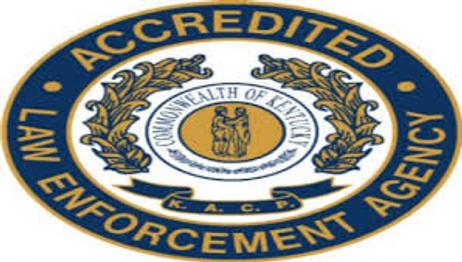After they scrape together the necessary cash to pay tuition fees, community college students find that their financial obligations are far from over. The rising costs of textbooks and other necessary supplies have put more than one college student into a deep financial hole, forcing some to choose between their necessary resources and rent for the month.
To help students plan more efficiently for the cost of textbooks each semester, a new law has been put in place to require college professors to disclose the precise costs of textbooks before a student commits to their classes, according to a report in the Pittsburgh Post-Gazette.
Lower Prices
In addition to helping students plan for the cost of higher education more accurately, the new law will also increase awareness and competition in the textbook market, lowering the cost of textbooks overall.
This is good news to students who may spend hundreds of dollars every semester to stock their dormitory bookshelves with the necessary supplies. A report in the Washington Post two years ago estimated that some college students pay between $700 and $1,100 each year on textbooks. Between 1986 and 2004, the price of a college textbook tripled, with an annual increase of around 6% each year – nearly double the rate of inflation.
"It's really hard just paying for tuition alone," Annaiis Wilkinson told the Washington Post. The 19-year-old Trinity Washington University student paid about $500 in textbooks each semester just























